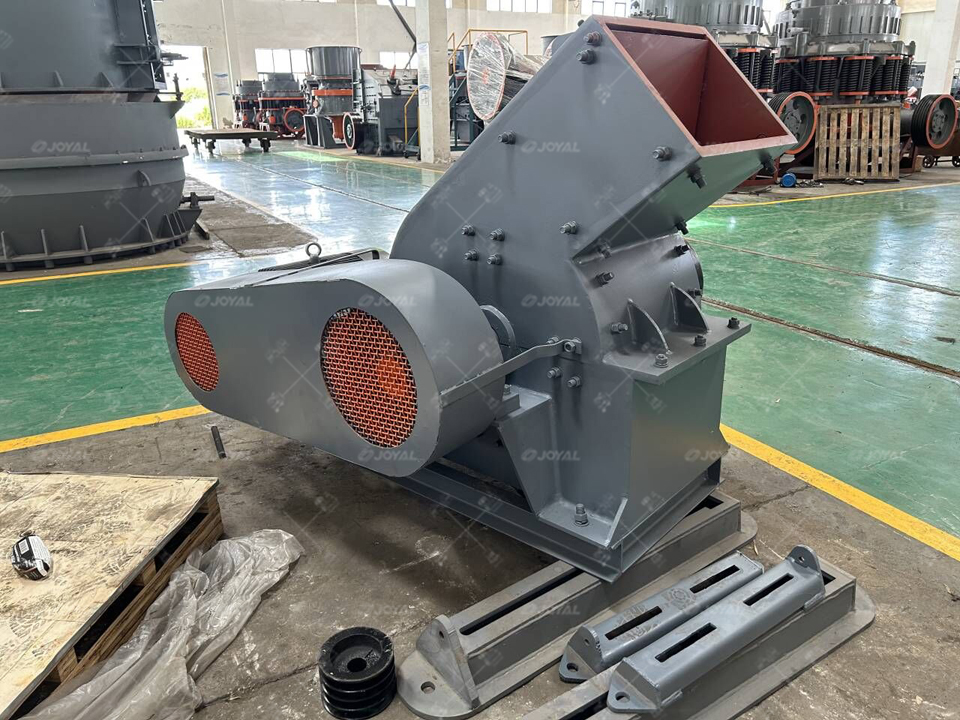
<
The advantages of hammer crushers include: a high crushing ratio (generally 10-25, with some reaching 50), high production efficiency, uniform product quality, good adaptability, minimal over-sizing, and low energy consumption. They also feature a compact structure, a rational layout, and are easy to install, operate, and maintain. Hammer crusher series products are suitable for crushing a variety of medium-hard and brittle materials, such as limestone, coal, salt, white ash, gypsum, alum, bricks and tiles, and coal gangue. The compressive strength of the crushed materials must not exceed 150 MPa. These crushers are primarily used in industries such as cement, coal preparation, power generation, building materials, and compound fertilizers. They can crush materials of varying sizes into uniform particles, facilitating subsequent processing. They offer a reliable mechanical structure, high production efficiency, and excellent adaptability.

The disadvantages of hammer crushers are: The hammers and grate screens wear rapidly, requiring long maintenance and balancing times. Wear is particularly rapid when crushing hard materials. When crushing sticky and wet materials, the grate screens can easily clog, leading to frequent downtime. When crushing hard materials, the hammers and liners wear significantly, consuming significant metal material. Frequent replacement of wear parts requires significant maintenance time. When crushing sticky and wet materials, the grate screens can easily clog, reducing production capacity. Therefore, this type of equipment is suitable for crushing materials with a moisture content below 10%.